Monday, May 6, 2013
(McCarthy Topic) Essay Intro:
The passage from the novel, The Crossing, by Cormac McCarthy uses literary elements in order to portray his imaginative story into the mind of the reader. McCarthy uses techniques to create an event that is intense even more noticeably dramatic. His consistency of words contribute to the passages tone, which is isolated and lonely, not only because of the circumstances, but the comparisons being made. McCarthy uses several different techniques in the story in order to portray his view of the death of an animal. Though the passage could be simple, he uses similes, metaphors, pathos, and comparisons to contribute to his tone and his syntax.
Poetry Essay (Intro):
Authors can incorporate their own views of an event or theory by using techniques in their writing. This allows them to be easily compared, because despite the major differences between texts and things that are said, there are always perspectives that may compare and contrast according to how they are described by the writer. These comparisons can be made between poems such as "Helen", one poem by H.D. and one by Edgar Allan Poe. In both poems, the author illustrate Helen's beauty using specific literary elements. In Poe's poem, she is described as one who is dedicated to her homeland, and loyal to the home she had left. In H.D.'s poem, the Helen that is portrayed is treacherous to Greece and is seen as a betrayer.
These poems are able to contrast more easily through the use of elements such as tone, similes, attitude, and the authors structure of writing.
Thursday, April 25, 2013
Poetry Analysis:
1) Howl by Allen Ginsberg
- The title, Howl, talks about the voice that everyone has, that has a baying howl that no one can here, but wishes for something more. It describes the life of many different kinds of people, conforming to society and living lives with false happiness, which is the ultimate emptiness.
- The poem begins with "I saw the best minds of my generation destroyed by madness, starving hysterical naked,..." and contiunes to say, "who... poverty and tatters... the supernatural darkness. contemplating jazz... ate fire in paint hotels or drank turpentine" Then it continues to explain the unnatural circumstances that exist when people stop caring, and start looking for self righteous pleasure.
- "Ate fire...; waking nightmares...; shoes full of blood..." These don't literally mean that they are eating fire, but being exposed to eating things that is bad for themselves. The term "waking nightmares" is used to describe the meaning of fear in someones life. Saying that "shoes" are "full of blood" indicates that there is pain in walking and going on for hours without help.
- This poem has a solemn tone. The author is critical and intense about his views on which this society seems to be organized. I felt that the poem led to very controversial points that people are afraid to talk about but are really crucial.
- The shift comes right from the beginning, describing the madness to people who were once good, then it goes into people who are uncaring, people who are inexperienced, and into the lives of people who don't care enough about their own lives to try to fix anything.
- The title is about the cry for help. That "madness" is the source of much anger and that many people look for excuses to not cry out in their lives.
- The theme of the poem is to have recognition of all of the things that can make us get distracted from what is important in life, and to recognize when people and objects have value... and when they do not.
2) Cat by JRR Tolkien:
- This poem is named Cat simply because it is about a cat that lounges around and sees things as an animal with little intelligence, day dreaming on a mat.
-"The fat cat... dreams... unbowed, proud, where loud roared and fought his kin, lean and slim, in the East feasted on beasts and tender men.:
- As we see that meat is referred to, but when in reality it most nearly means prey. "The cat leaps upon his meat..." This is not simply just meat but the thrill of the hunt through recognition of what the prey may provide.
- The author describes the cat as something that wishes for dignity. A longing to be more proud and independent then the life he has now. It makes me feel sorry for the cat, because he can't do what he truly wants to, but at the same time he is being lazy and doing nothing but daydreaming, giving a good idea of the selfishness of cats personalities
- The shift is from the cats reality to his day dream, where instead of being dependent on a master for food, stalks pray for his own benefit, then comes back to his senses, only just hoping.
- Not really, it is about a cat who wishes to be a greater cat.
- The theme is that no matter how hard you wish to be something you are not, you will simply never get there by dreaming about it, and you will just bring yourself dissatisfaction by not trying to attain your goals.
3) Hope by Emily Dickinson:
- The title's meaning is to describe hope as something that can be carried out, with care, and will fall without guidance.
- "'Hope' is the thing with feathers... It sings... and never stops... and it's sweetest song... is heard... in the chillest land... and on the strangest sea"
- "Perches in the soul", most literally it would mean to take a spot on top of the soul where it could survey and rest. But this means that it will keep itself in ones soul, and sing sweet songs so that we can push ourselves to become more.
- The author of this poem seems very grateful for hope. She describes it as being there at the most awkward and lowly of times and being thankful for it's support of her, though she has done nothing in return. For me, I feel that it creates a realization that hope can be there in the most unlikely times, and it makes me feel satisfied and content.
- The shift is at the very end of the poem, when the author changes tone from warm and hopeful diction to dark and mysterious situations.
- The title says simply that hope will be like a bird to cheer you on, but never actually helping you.
- The theme of the story is that hope is like a singing bird, that can be found in unlikely places to warm you when you get lost or lonely, and expects nothing in return. Hope often and use it to your own advantage.
Sunday, April 14, 2013
Macbeth: ACT II Active Reading Notes
- What is the purpose of the character: "Porter"? Is he like a mail person or someone who brings news?
- It seems that Macduff is a servant to the king who was sent to retrieve the king in the morning and bring him back to his own estate. Was this common?
- Who is Lennox?
- I'm confused why Macbeth confessed the killing of the king to his men. Would they have found out otherwise?
- The Old man in the last seen is Ross's real father? or is he a priest or someone of religious importance.
- 'Gainst nature still!
Thriftless ambition, that wilt ravin up
Thine own life's means! Then 'tis most like
The sovereignty will fall upon Macbeth.' - This is showing that Macbeth will not have people on his side, but be shunned and looked at as the murder he is.
Monday, April 8, 2013
Sunday, March 3, 2013
Brave New World: Chapter's 4-5
Literary Elements used:
- Huxley's use of connotation helps the scene between Henry and Lenina become sensual and much more entertaining for the reader, comically understanding the scenario.
- This scene could also be described as an extended metaphor, insinuating the sexual attraction between the two characters
- His use of parallelism when the lower caste helps the reader understand their lack of education through there repetitive use of short sentences and small sayings
- During the conversation between Bernard and Helmholtz, we see the irony of the two characters, and the purposeful place of foil, to point the weakness in one character and the strengths of the other
- The character's in the story use adjectives in the names of their factories and major facilities; this connects synthetic and techno-logic ideas to all of their items and buildings
- Huxley uses known objects and places to connect to the reader, and they are used for immoral purposes; for example: "Westminister Abbey, a very popular place of religious worship, is used as a dance club for the people"
- Puns are also used. When Lenina refers to the "growth" of "plants" through the cremation of people, she is not referring to nature, but referring to the success of factories, showing contrast between the importance of society in the story and in real life
Thursday, February 21, 2013
BOB I
Rosa Alvarez= Needs to be up to date.
Amanda Arnold= Has finished some E.C. problems but needs to go up to most recent posts.
William Boerger= Done O.K. need to fully complete Lit. Analysis and post most recent.
Rheanna Crawley= Missing very little, up to date for the most part.
Michelle Crosby= Up to date; well done and straight to the point.
Vince Cruz= A normal and finished blog. Solid.
Jose De Leon= New student.
Lizbeth Estrada= Could be more in this blog.
Kaitlyn Furst= Less than other blogs. But still has few of the more recent posts.
Bernardo Gonzalez= Interesting to look at. Like the UCLA background.
Iliana Guttierrez= Well-done. Enough said.
Mackenzie Greeley= One of the more intriguing blogs. Information filled and extra goodies.
Taelor Griego= Previously figured out but recently not as up-to-date as other blogs.
John Han= Missing lit terms that's it.
Elizabeth Hotchkiss= Need to put blog up to date.
Pablo Nicacio= Missing most recent HW.
Elizabeth Pereyra= Caught up, but not phenomenal.
Eddie Pineda= Missing few assignments.
Alex Ramirez= Complete for the most part.
Torre Reddick= Needs to update.
Christa Weston= Good job on the blog. Needs more recent though.
Amanda Arnold= Has finished some E.C. problems but needs to go up to most recent posts.
William Boerger= Done O.K. need to fully complete Lit. Analysis and post most recent.
Rheanna Crawley= Missing very little, up to date for the most part.
Michelle Crosby= Up to date; well done and straight to the point.
Vince Cruz= A normal and finished blog. Solid.
Jose De Leon= New student.
Lizbeth Estrada= Could be more in this blog.
Kaitlyn Furst= Less than other blogs. But still has few of the more recent posts.
Bernardo Gonzalez= Interesting to look at. Like the UCLA background.
Iliana Guttierrez= Well-done. Enough said.
Mackenzie Greeley= One of the more intriguing blogs. Information filled and extra goodies.
Taelor Griego= Previously figured out but recently not as up-to-date as other blogs.
John Han= Missing lit terms that's it.
Elizabeth Hotchkiss= Need to put blog up to date.
Pablo Nicacio= Missing most recent HW.
Elizabeth Pereyra= Caught up, but not phenomenal.
Eddie Pineda= Missing few assignments.
Alex Ramirez= Complete for the most part.
Torre Reddick= Needs to update.
Christa Weston= Good job on the blog. Needs more recent though.
Wednesday, February 20, 2013
I Am Here
My SMART goal has been accomplished in steps. The most important being back into having a daily routine, staying fit and healthy/ happy. Stress, on the other hand, is my only hindrance. School seems to become less and less significant to me as College becomes closer and closer to being a reality. My Senior Project is going to be worked out with some of friends that have been in my high school career, and gone through a lot of the same classes that I have. I want to show that thinking in perspective to the world, instead of the class has so much more meaning to me then trying to apply it to a stupid test. I could care less about a test, it saves me money, so I must take it. Simple as that. But I would live just fine without it. This Senior Project should show that many students choose different paths, and that is what makes them who they are, and how they can use that to help others.
Tuesday, February 19, 2013
Lit Terms 81-110
81) Narrative: a story or description of events
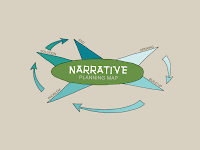
82) Narrator: one who narrates, or tells, a story

83) Naturalism: extreme form of realism

84) Novelette: short story; often satirical (not sure if it can be considered a short story)

85) Omniscient Point of View: knowing all things, usually the third person

86) Onomatopoeia: use of a word whose sound in some degree imitates or suggests its meaning

87) Oxymoron: a figure of speech that has two contradicting words in a phrase to create rhetorical effect

88) Pacing: rate of movement; tempo

89) Parable: a story designed to convey some religious principle, moral lesson, or general truth

90) Paradox: a statement apparently self-contradictory or absurd but really containing a possible truth

91) Parallelism: the principle that a sentence's structure ties into its function with a similar sentence

92) Parody: an imitation of mimicking of a composition or of the style of a well-known artist

92) Pathos: the ability in literature to call forth feelings of pity, compassion, and/or sadness

93) Pedantry: a display of learning for its own sake

94) Personification: a figure of speech attributing inanimate objects with human qualities

95) Plot: a plan or scheme to accomplish a purpose

96) Point of View: the attitude unifying any oral or written argumentation

97) Postmodernism: literature characterized by experimentation, irony, nontraditional forms, multiple meanings, playfulness and a blurred boundary between real and imaginary
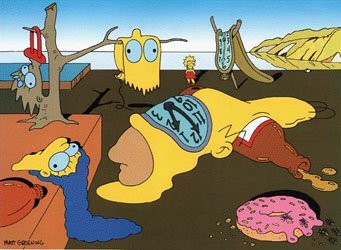
98) Prose: the ordinary form of spoken and written language

99) Protagonist: the central character in a work of fiction

100) Pun: play on words:

101) Purpose: the intended result wished by an author:

102) Realism: writing about the ordinary aspects of life in a straightforward manner to reflect life as it is

103) Refrain: a phrase or verse recurring at intervals in a poem or song
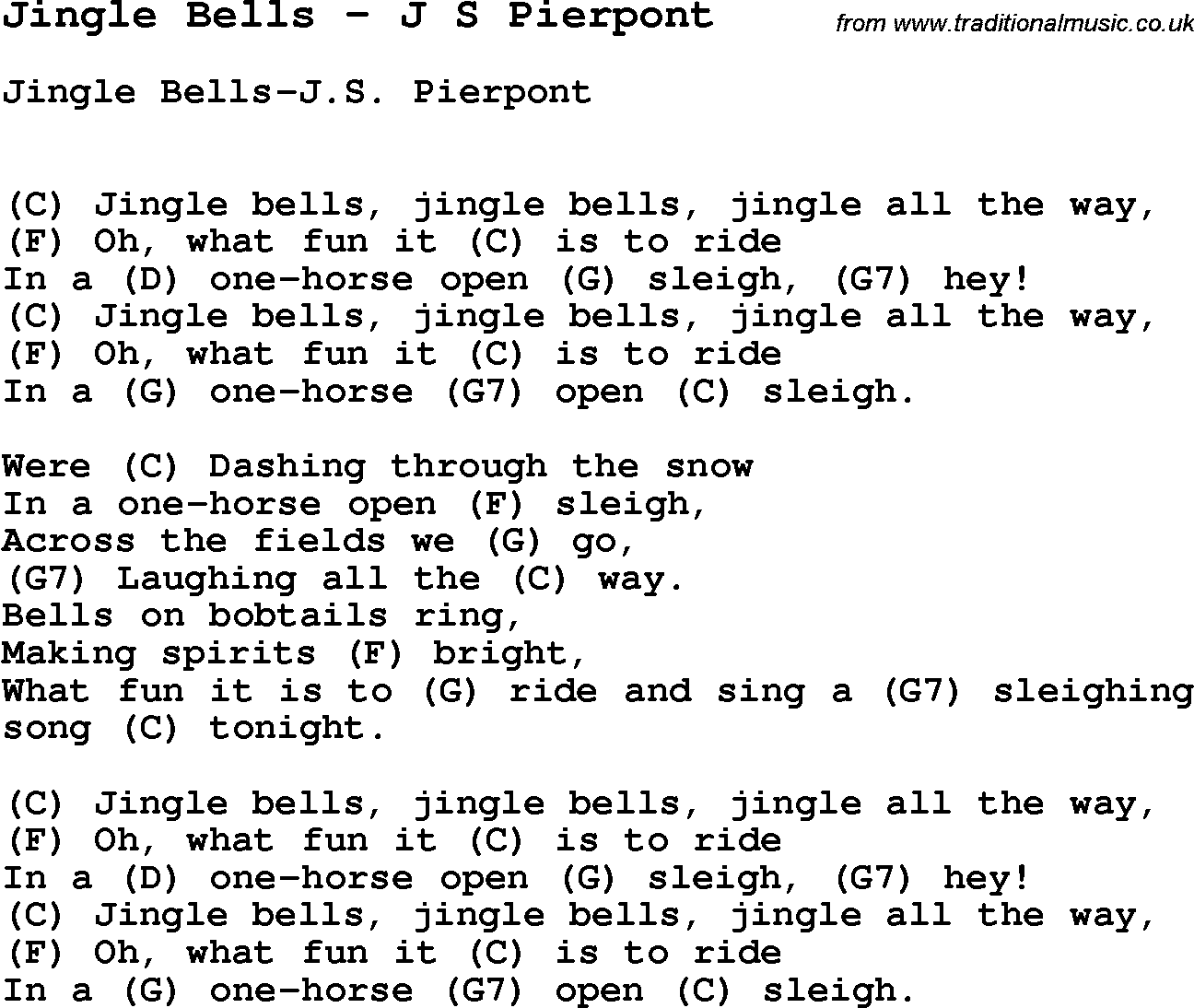
104) Requiem: any chant, dirge, hymn, or musical service for the dead
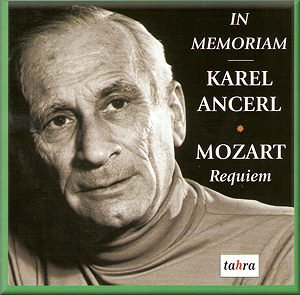
105) Resolution: point in a literary work at which the chief dramatic complication is worked out

106) Restatement: idea repeated for emphasis (memes)

107) Rhetoric: use of language, both written and verbal in order to persuade

108) Rhetorical question: question suggesting its own answer or not requiring an answer

109) Rising Action: plot build up

110) Romanticism: movement in western culture beginning in the eighteenth and peaking in the nineteenth century as a revolt against Classicism; imagination was valued over reason and fact
 (Why is he up there? No one knows, why care, it's cool.)
(Why is he up there? No one knows, why care, it's cool.)

82) Narrator: one who narrates, or tells, a story

83) Naturalism: extreme form of realism

84) Novelette: short story; often satirical (not sure if it can be considered a short story)

85) Omniscient Point of View: knowing all things, usually the third person

86) Onomatopoeia: use of a word whose sound in some degree imitates or suggests its meaning

87) Oxymoron: a figure of speech that has two contradicting words in a phrase to create rhetorical effect

88) Pacing: rate of movement; tempo

89) Parable: a story designed to convey some religious principle, moral lesson, or general truth

90) Paradox: a statement apparently self-contradictory or absurd but really containing a possible truth

91) Parallelism: the principle that a sentence's structure ties into its function with a similar sentence

92) Parody: an imitation of mimicking of a composition or of the style of a well-known artist

92) Pathos: the ability in literature to call forth feelings of pity, compassion, and/or sadness

93) Pedantry: a display of learning for its own sake

94) Personification: a figure of speech attributing inanimate objects with human qualities

95) Plot: a plan or scheme to accomplish a purpose

96) Point of View: the attitude unifying any oral or written argumentation

97) Postmodernism: literature characterized by experimentation, irony, nontraditional forms, multiple meanings, playfulness and a blurred boundary between real and imaginary

98) Prose: the ordinary form of spoken and written language

99) Protagonist: the central character in a work of fiction

100) Pun: play on words:

101) Purpose: the intended result wished by an author:

102) Realism: writing about the ordinary aspects of life in a straightforward manner to reflect life as it is

103) Refrain: a phrase or verse recurring at intervals in a poem or song

104) Requiem: any chant, dirge, hymn, or musical service for the dead

105) Resolution: point in a literary work at which the chief dramatic complication is worked out

106) Restatement: idea repeated for emphasis (memes)

107) Rhetoric: use of language, both written and verbal in order to persuade

108) Rhetorical question: question suggesting its own answer or not requiring an answer

109) Rising Action: plot build up

110) Romanticism: movement in western culture beginning in the eighteenth and peaking in the nineteenth century as a revolt against Classicism; imagination was valued over reason and fact
 (Why is he up there? No one knows, why care, it's cool.)
(Why is he up there? No one knows, why care, it's cool.)
Monday, February 4, 2013
First 25 Literary Terms: Remix
1. Analogy: Similarity in some respects between things that are otherwise dissimilar

2. Analysis: the break of an idea into parts in order to analyze it
3. Anaphora: a use of words in repetition, at the beginning of sentences, phrases, etc.

4. Anecdote: a very short story used to make a point

5. Antagonist: a character (kryptonite is almost placed as an evil character) put in a story with opposition against the protagonist

6. Antithesis: balancing a term for emphasis on a term
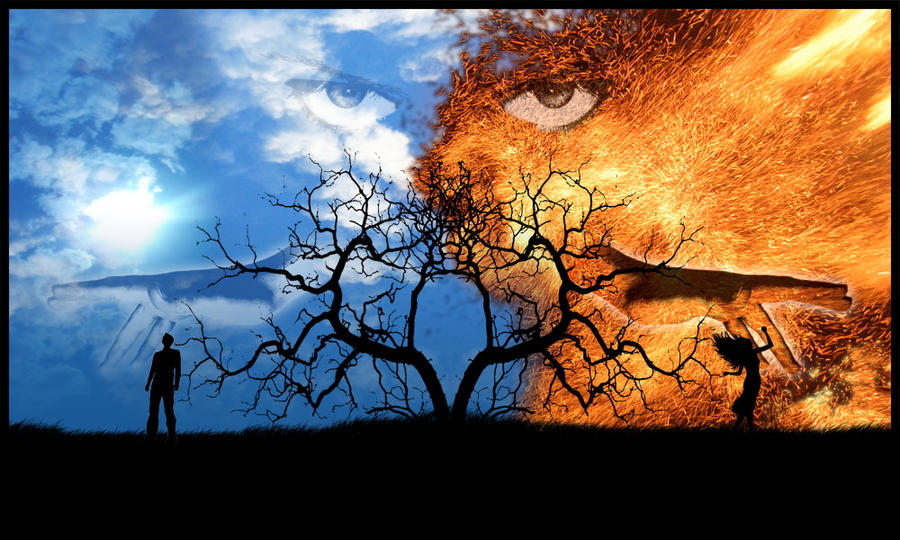
7. Aphorism: a statement expressing an clever observation about life

8. Apostrophe: a figure of speech where a dead person, or something inanimate is addressed

9. Argument(ation): the process of persuading a reader

10. Assumption: the act of taking for granted

11. Audience: the intended for listeners

12. Characterization: the means by which a writer reveals a character's personality

13. Chiasmus: a reversal in the order of words so that the second half of a statement balances the first half in inverted word order

14. Circumlocution: a roundabout or evasive speech or writing, in which many words are used but few would have served

15. Classicism: art, literature, and music reflecting the principles of an ancient civilization

16. Cliche: a phrase, or fad which is overused

17. Climax: the decisive point in a story

18. Colloquialism: folksy speech

19. Comedy: original, nondramatic literary piece of work that was marked by a happy ending

20. Conflict: struggle or problem in a story causing tension

21. Connotation: implicit meaning, going beyond dictionary definition

22. Contrast: a rhetorical device by which one element is thrown into opposition to another for the sake of emphasis or clarity

23. Denotation: plain dictionary definition

24. Denouement: loose ends tied up in a story after the climax

25. Dialect: the language of a particular district, or cultural group


2. Analysis: the break of an idea into parts in order to analyze it

3. Anaphora: a use of words in repetition, at the beginning of sentences, phrases, etc.

4. Anecdote: a very short story used to make a point

5. Antagonist: a character (kryptonite is almost placed as an evil character) put in a story with opposition against the protagonist

6. Antithesis: balancing a term for emphasis on a term

7. Aphorism: a statement expressing an clever observation about life

8. Apostrophe: a figure of speech where a dead person, or something inanimate is addressed

9. Argument(ation): the process of persuading a reader

10. Assumption: the act of taking for granted

11. Audience: the intended for listeners
12. Characterization: the means by which a writer reveals a character's personality

13. Chiasmus: a reversal in the order of words so that the second half of a statement balances the first half in inverted word order

14. Circumlocution: a roundabout or evasive speech or writing, in which many words are used but few would have served

15. Classicism: art, literature, and music reflecting the principles of an ancient civilization

16. Cliche: a phrase, or fad which is overused

17. Climax: the decisive point in a story

18. Colloquialism: folksy speech

19. Comedy: original, nondramatic literary piece of work that was marked by a happy ending

20. Conflict: struggle or problem in a story causing tension

21. Connotation: implicit meaning, going beyond dictionary definition

22. Contrast: a rhetorical device by which one element is thrown into opposition to another for the sake of emphasis or clarity

23. Denotation: plain dictionary definition

24. Denouement: loose ends tied up in a story after the climax

25. Dialect: the language of a particular district, or cultural group

Subscribe to:
Posts (Atom)
.jpg)
.jpg)
